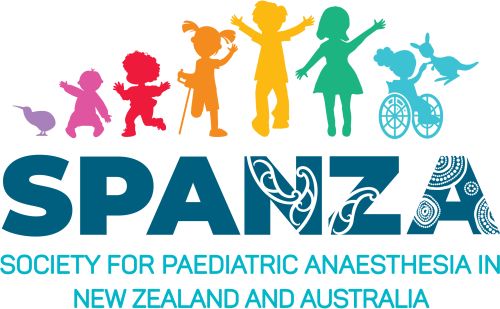Evaluating the Women's Empowerment and Leadership Initiative
Supporting mentorship, career satisfaction, and well-being among pediatric anesthesiologists
Pediatric Anesthesia
Submitted January 2023 by Dr Susan Hale
Read by 971 Journal Watch subscribers
Aim To evaluate the impact of the Women’s Empowerment and Leadership Initiative (WELI) on career development over time.
Method This is an anonymous voluntary email survey study of proteges and mentors who participated in the WELI program which was launched in 2018. Surveys were sent in May 2021 and January 2022; additionally, an initial baseline survey was emailed in November 2020 with findings published in 2021. The survey consisted of 2 parts:
Firstly, 5-point Likert-type questions assessing how program components influenced career development areas such as project completion, goal setting, self-rated mentorship abilities, career advancement opportunities and wellbeing.
The second part of the survey consisted of open-ended questions asking for descriptions about how WELI impacted career development, networking, sense of purpose or wellbeing, the value of specific features of the WELI program and suggestions to improve WELI. This was qualitatively analysed to identify themes and identify quotes used as examples.
Responses rates were between 51-52% with 161 and 185 members answering the 6 and 14 month surveys respectively, approximately half being mentors and half proteges.
Findings 1. Value of program components – the advisor-protégé pairing, workshops and nomination to WELI were seen as being very valuable whereas the virtual networking sessions were less valuable. 2. Contribution to career opportunities a. Assistance with projects: mixed results with improvements at the 6-month survey for proteges for starting a new project which returned to baseline at 14 months. There was consistent contribution to improving and completing projects and finding new collaborators for both proteges and mentors. b. Support for career advancement: proteges described WELI as contributing somewhat to invited speaker opportunities, applying for promotions. There was improvement at the 6-month survey in applying for and receiving leadership positions, but this returned to baseline at 14 months. c. Contribution to wellbeing and ability to mentor others: mentoring skills and professional optimism improved for all and helped proteges improve clarity of priorities, and personal sense of achievement and meaning in their work. 3. From the quantitative analysis the following themes were identified. a. Facilitation of meaningful networking; more so for proteges than advisors b. Fostering of new career opportunities, skills and projects important for career advancement and promotion c. Builds confidence to try new things d. Helped improve personal-professional life balance e. Helped improve mentorship skills f. Effects of the covid 19 pandemic resulting in a desire for in person rather than virtual meetings
Commentary The WELI program has demonstrated its value in contributing positively to the career development of women paediatric anaesthesiologists with benefits seen for advisors as well as protégés. The context of this study taking place during the Covid 19 pandemic is significant with likely effects on factors from response rate to outcomes such as the perceived value of virtual meetings in an environment where virtual meetings were the main mode of professional group interaction. Limitations include the lack of a true baseline survey, the potential for survey bias and response bias and the lack of demographic data such as age, ethnicity and colour.



